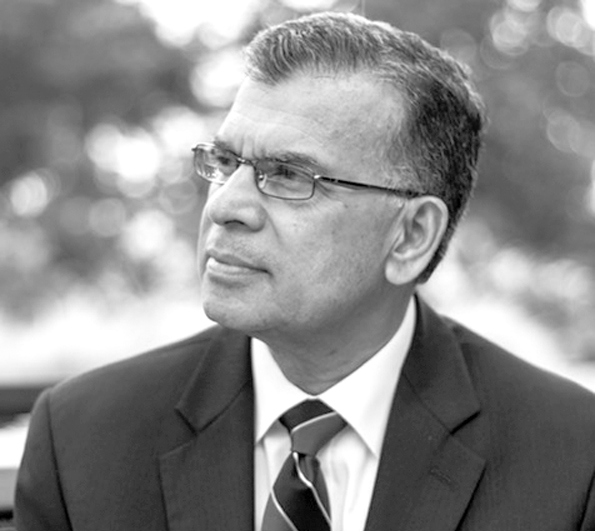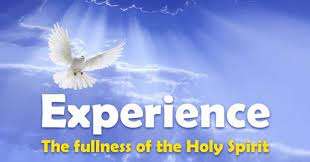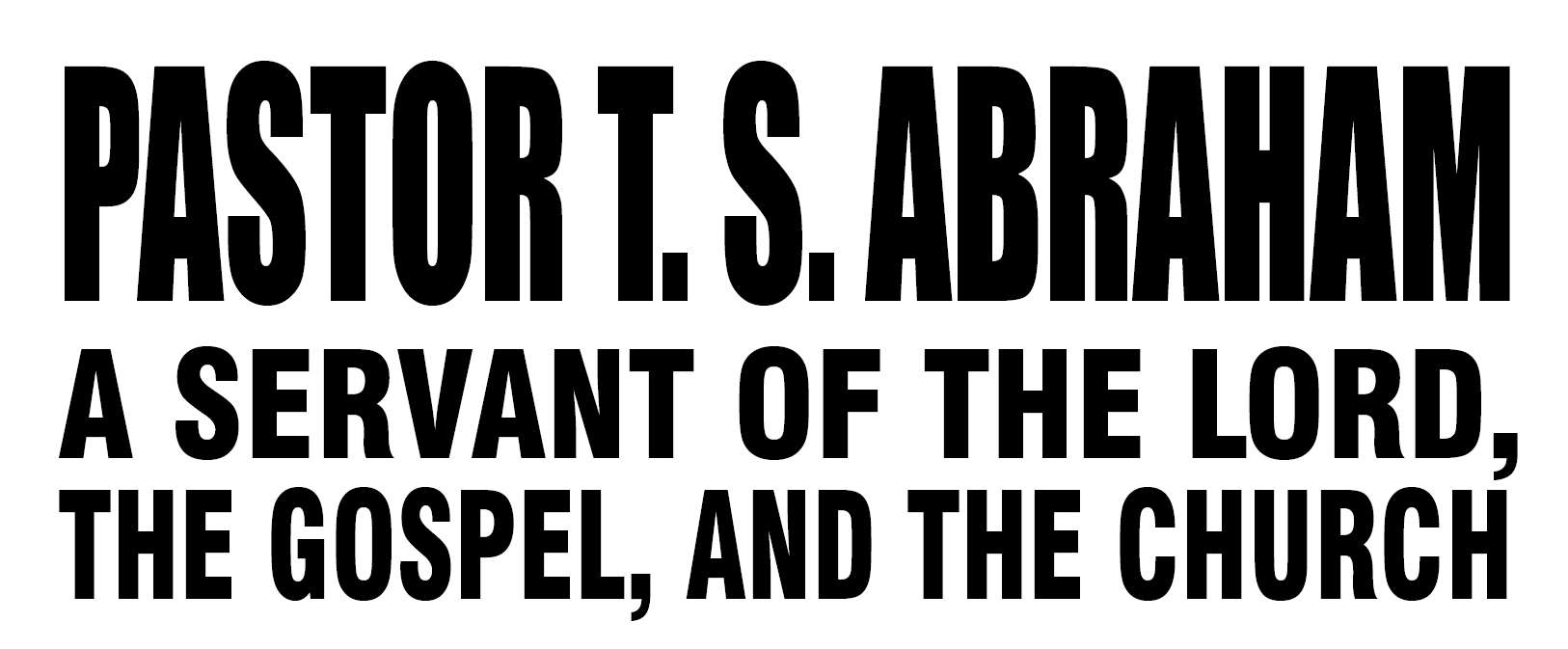

Indian Pentecostals and the Doctor of Ministry (D.Min) Degree
Dr. Thomson K. Mathew
Although Bible Schools and ministry training centers have been a part of the modern Pentecostal movement from its very beginning, Bible Colleges and Seminaries have not always enjoyed full spiritual and financial support of the Pentecostal churches and leaders.This has been a universal phenomenon discussed and written about by theological educators, but not fully explained. Some in the West believe that it has to do with conservative Christians’ general suspicion of liberal higher education and, may be, their higher regard for an earlier model of ministry training through individual mentoring by experienced pastors.Thankfully, this situation is now changing as more Pentecostal believers and ministry leaders are realizing the vital role these institutions play in developing ministers and in standing between the church and various heresies.
The truth remains that Bible Colleges and Seminaries cannot create ministers of the gospel. God calls His servants. Institutions can only train those who are called by God by giving them opportunities to increase their knowledge, develop ministry skills, and form godly character to be effective in God’s service. The life and ministry of Jesus bear witness to the fact that training for ministry itself is ministry. Schools that are true to their mission and faithful in their stewardship deserve our wholehearted support.
Fruitful ministry requires good training but not all ministers need high-level training or higher-level degrees. One’s training should match one’s calling; this should be the criterion. There are individuals in specialized ministries and positions of leadership who must spend more time in pre-ordination and post ordination training. Training and educational programs ranging from diploma to doctorate are needed to meet the diverse needs.
The Pentecostal Bible Colleges and Seminaries in India have significant experience in offering the BTh, MDiv, and MTh degrees.The Doctor of Ministry (D.Min) degree is a newcomer to Pentecostal theological education in India. Even globally, compared to the Doctor of Philosophy (Ph.D) degree, the D.Min is relatively a new degree in theological higher education.
During my tenure at Oral Roberts University, I had the opportunity to be a charter member of the Association of Doctor of Ministry Education (ADME), the organization of D.Min directors and seminary deans that advises the Association of Theological Schools in the United States and Canada (ATS) regarding D.Min standards for accreditation. Through this organi-zation, I was able to learn the early history of the D.Min degree in North America and see its growth and development globally. The MDiv being a post baccalaureate three-year professional degree, historically, the field of ministry did not have a professional doctorate. The M.Th, STM or an equivalent degree was considered a terminal degree for ministers who did not desire to pursue a Ph.D or Th.D. When the B.D degree became M.Div in the 1970’s, this became a matter of major concern and a point of need for ministers who wanted further education in ministry. Thus, the D.Min was born like the M.D degree in the field of medicine.
The D.Min was designed as an in-ministry degree, making it possible for ministersto complete the degree in a continuing education format. Some seminaries offered fulltime D.Min programs in the early years but now almost all seminaries offer the degree in modular format to allow candidates to complete the degree without giving up their active ministry. In fact, a position in ministry along with three to five years of experience in ministry are requirements for admission to the program in most places. Students are normally expected to complete the degree in five years, and most do so in four or five years.
The first two years are devoted to course work. Most programs begin with a course on ministerial formation and identity. Students are given an opportunity to assess their life and ministry at the point of entry to the degree program. Required reading and written papers in this course allow the students to reflect on their calling, discover their strengths and weaknesses, and consider a plan for personal growth and professional development.
Additional courses are offered in multiple areas such as, Bible, Theology, Pastoral Ministry, Preaching and Teaching, Evangelism and Missions, Church Growth/Health, Leadership, and Applied Research Methods. These academic courses are presented from a professional perspective, as they are expected to inform and enhance the practice of ministry. They will deal with biblical authority, theological resources, contemporary issues, and considerations of ministry as a reflective practice. Most seminaries require certain core courses and allow some electives. Some seminaries offer certain tracks or specializations based on the elective courses, such as pastoral care, pastoral leadership, spiritual formation, etc.
During their course work, students are guided through the research course to identify a topic for their doctoral thesis. The D.Min thesis is technically called an applied research project (ARP) report. Although writing of a traditional thesis is allowed to some extent in Asia, the normal requirement for D.Min is the development, implementation, writing, and defense of an applied research project. The research topic is a problem in ministry or a question arising from the practice of ministry. Students normally submit a research proposal during the third year, and later implement the approved project at their ministry context, write up, submit, and defend the research report (thesis).
Students are expected to do traditional research on the selected topic from biblical, theological, and historical perspectives, and additionally examine it based on contributions of expert practitioners and other researchers before a project is designed. An applied research project cannot be completed by library research alone. In addition to the library-based research presented in the first chapters (normally second and third), the thesis (ARP report) must have an implementation component. This section should have a chapter describing the project details and other chapters presenting the results of the impleme-ntation and research conclusions and recommendations. This uniqueness (contextual implementation of the project) of the professional doctorate is an extra blessing to the body of Christ, and it distinguishes D.Min Theses from Ph.D theses. As the capstone product of the academic doctorate, Ph.D theses normally contribute new knowledge and theories while D.Min theses produce important knowledge and information to improve the practice of ministry and to enhance the life of the church.
Ministers pursuing the D.Min degree have the opportunity to make their calling and election sure, update and expand their theological knowledge, improve their leadership and ministry skills, and positively impact their ministry contexts. Additionally, they can contribute tested knowledge that can improve life and ministry in the body of Christ through their applied research project reports.
Considering the reputation and vision of its leadership, it has been my pleasure to assist India Bible College and Seminary (IBC&S) to start a D.Min program. I expect this institution with its outstanding faculty and significant educational resources to offer a D.Min program of high quality. I look forward to seeing in the years ahead a new generation of excellent ministers who are graduates of the IBC&S D.Min program impacting Pentecostal ministry in India and other nations.



